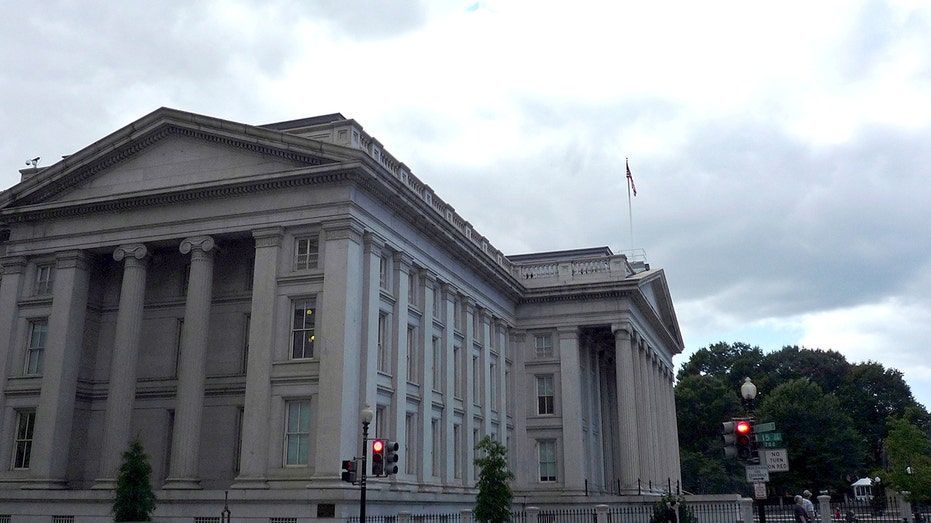US Treasury says China private equity's Magnachip purchase poses security risks
In March, Chinese private equity firm Wise Road Capital agreed to acquire system chip manufacturer Magnachip in a deal valued at $1.4 billion
SEOUL - The U.S. Treasury Department said the acquisition of Magnachip Semiconductor Corp by a Chinese private equity firm posed "risks to national security," in another hurdle for Chinese companies trying to invest abroad in critical tech industries.
Stocks In This Article:
In March, Chinese private equity firm Wise Road Capital agreed to acquire system chip manufacturer Magnachip in a deal valued at $1.4 billion.
Since then, regulatory authorities in countries including the United States and South Korea have been reviewing the deal. Magnachip, which produces display and power chips, has production and R&D facilities based in South Korea.
TREASURY TO DEPLOY 'EXTRAORDINARY MEASURES' AFTER CONGRESS MISSES DEBT CEILING DEADLINE
Magnachip said in a SEC filing on Monday the U.S. Department of Treasury, in a letter to the company's legal counsel last Friday, said the acquisition posed "risks to the national security of the United States," and expects to seek President Joe Biden's decision on the matter.
CFIUS, a committee under the U.S. Department of Treasury, had ordered the deal to be put on hold in June.

The U.S. Treasury Department said the acquisition of Magnachip Semiconductor Corp by a Chinese private equity firm posed "risks to national security", in another hurdle for Chinese companies trying to invest abroad in critical tech industries. REUTER
The filing to the U.S. Securities and Exchange Commission did not specify the nature of the risks.
Magnachip was assessing its next steps, but cannot give assurance that it would agree to proposals that would facilitate clearance by CFIUS, the filing said. A spokesperson for Magnachip declined further comment.
GET FOX BUSINESS ON THE GO BY CLICKING HERE
A global shortage of chips has slowed production in the automobile and tech industries, fuelling calls for the United States to rely less on China and leading to efforts such as the U.S. Senate passing the "U.S. Innovation and Competition Act" which authorised about $190 billion for provisions to strengthen U.S. technology and research.
